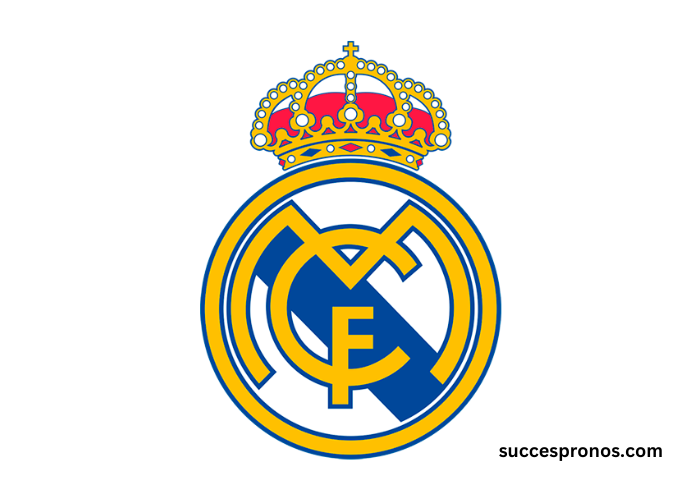
Real Madrid Club de Fútbol, often simply referred to as Real Madrid, stands as one of the most iconic and successful football clubs in the world. With a rich history, a legacy of triumphs, and a roster of legendary players, Real Madrid has left an indelible mark on the world of football. This article embarks on a journey through the illustrious history of Real Madrid, exploring its origins, key milestones, iconic players, and enduring legacy.
Origins and Early Years
Founded in 1902, Real Madrid Club de Fútbol began as a football club for Madrid’s aristocracy, distinguishing itself with its regal name and royal crest. In its early years, Real Madrid experienced modest success, winning its first Spanish Championship in 1905. However, it wasn’t until the 1950s, under the presidency of Santiago Bernabéu, that Real Madrid emerged as a dominant force in European football.
The Era of Di Stéfano and European Dominance
The acquisition of Alfredo Di Stéfano in 1953 marked the beginning of Real Madrid’s golden era. With Di Stéfano leading the charge, Real Madrid went on to win five consecutive European Cups from 1956 to 1960, cementing its status as the preeminent club in Europe. This period of European dominance laid the foundation for Real Madrid’s global reputation and established the club as a powerhouse in world football.
Galácticos Era and Modern Success
In the early 2000s, Real Madrid ushered in the era of the “Galácticos,” signing global superstars such as Zinedine Zidane, Luís Figo, Ronaldo, and David Beckham. This star-studded lineup brought success both domestically and internationally, with Real Madrid winning multiple La Liga titles and UEFA Champions League trophies. The Galácticos era showcased Real Madrid’s ambition and commitment to excellence on and off the field.
Enduring Legacy and Global Impact
Beyond its on-field success, Real Madrid’s impact extends far beyond the football pitch. The club’s ethos of excellence, innovation, and commitment to its fans has earned it a global following and cemented its status as one of the most iconic sports brands in the world. Real Madrid’s youth academy, La Fábrica, continues to produce talented players who go on to represent both the club and their national teams at the highest level.
Conclusion
In conclusion, Real Madrid Club de Fútbol stands as a testament to the enduring power of football to inspire, unite, and captivate audiences around the world. From its humble beginnings to its status as a global footballing powerhouse, Real Madrid’s journey is a testament to the club’s resilience, ambition, and unwavering commitment to excellence. As the club continues to evolve and shape the future of football, its legacy will endure for generations to come, inspiring fans and players alike to dream, achieve, and strive for greatness on and off the pitch.